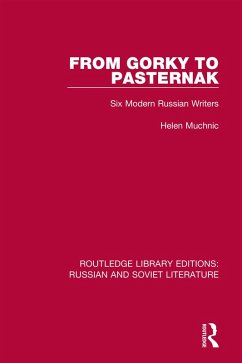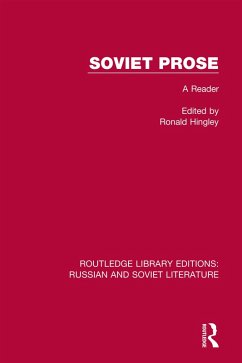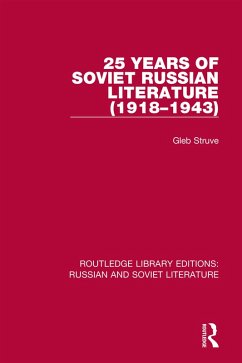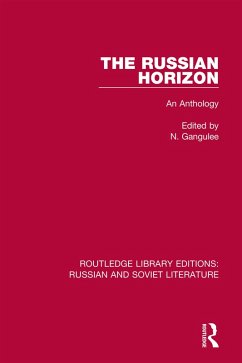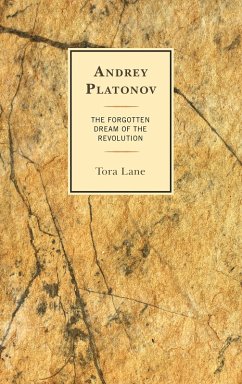
Oh Native Land! Bu-Bu-Bu, Miaow, Miaow (eBook, ePUB)

PAYBACK Punkte
0 °P sammeln!
"SOVIET PROSECUTOR: Please don't lecture us on literature." The writing style of dissident Abram Tertz, informed by select literary traditions, took an "insincere" or "excessive" approach to reality that allowed truth to evade a culture of lies. The Stalinist mustache of permission hovers. Gatekeepers require writers to serve the Communist purpose, a doctrine of art codified as Socialist Realism. Tertz famously wrote, ". . . I put my hope in a phantasmagoric art, with hypotheses instead of a Purpose, …May the fantastic imagery of Hoffmann and Dostoevsky, of Goya, Chagall, and Mayakovsky...
"SOVIET PROSECUTOR: Please don't lecture us on literature." The writing style of dissident Abram Tertz, informed by select literary traditions, took an "insincere" or "excessive" approach to reality that allowed truth to evade a culture of lies. The Stalinist mustache of permission hovers. Gatekeepers require writers to serve the Communist purpose, a doctrine of art codified as Socialist Realism. Tertz famously wrote, ". . . I put my hope in a phantasmagoric art, with hypotheses instead of a Purpose, …May the fantastic imagery of Hoffmann and Dostoevsky, of Goya, Chagall, and Mayakovsky. . . teach us how to be truthful with the aid of the absurd and the fantastic." Why important: Tertz' time had communist Purpose. Our time (USA, circa 2021) has a late progressive Purpose, with decreasing tolerance for competing opinions. Fiction writers seeking to tell the truth today could benefit from examining Tertz's defiance of Socialist Realism. This won't help writers today acquiring permission from gatekeepers. Young staff of publishers will continue to cry and walk out when confronted with a galley-proof of dissent; publishers will continue to cave to the Mustache. But as Tertz example shows, writers who seek to tell the truth do not need permission from the overseeing Mustache.
Illustrated
Illustrated
Dieser Download kann aus rechtlichen Gründen nur mit Rechnungsadresse in A, B, CY, CZ, D, DK, EW, E, FIN, F, GR, H, IRL, I, LT, L, LR, M, NL, PL, P, R, S, SLO, SK ausgeliefert werden.




